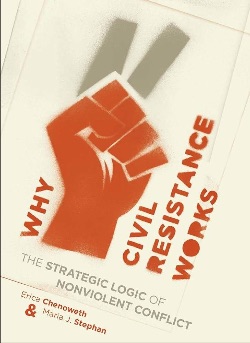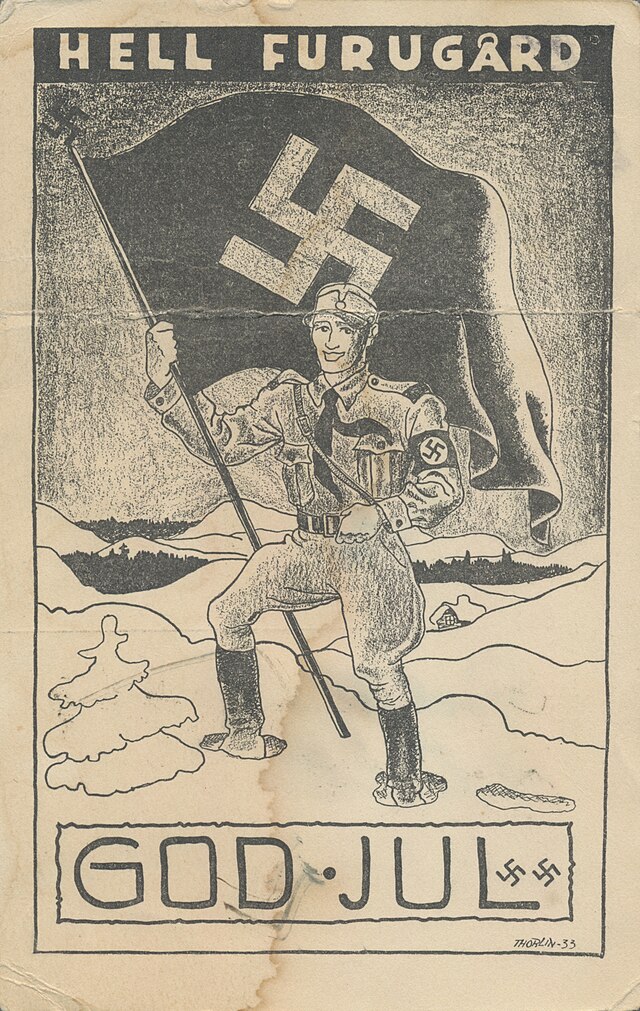October 24, 2025
Civics
Nonviolent civil resistance is not just morally preferable—it is strategically superior for securing freedom and sustaining democracy.

Political scientists Erica Chenoweth and Maria J. Stephan have reshaped how we understand the power of ordinary people to create change and defend democracy. Through careful and exacting research, they found that nonviolent movements are more than twice as likely to succeed as violent ones—whether the goal is regime change, liberation from colonial rule, or the removal of an occupying force.
Their work showed that nonviolence does not succeed because governments are weak, but because people are strong. When large numbers of citizens act together with strategic discipline, they can erode the foundations that keep oppressive systems in place—the military, bureaucracies, businesses, and social institutions that uphold a regime’s power. Even in the most repressive societies, their data revealed, mass civic defiance can be more disruptive and effective than armed rebellion.
In an unprecedented study, Chenoweth and Stephan analyzed 323 major resistance movements from 1900 to 2006, including more than a hundred nonviolent campaigns. Their findings, later expanded in their book Why Civil Resistance Works: The Strategic Logic of Nonviolent Conflict, offered both evidence and inspiration: that courage, coordination, and collective action can transform even the harshest political realities.
"The participation of broad segments of society in collective action is the strongest predictor of success. When large groups of ordinary citizens withdraw their cooperation, those in power cannot continue to operate as usual."
“The moral, physical, informational, and commitment barriers to participation are much lower for nonviolent resistance than for armed struggle, enabling participation from people who would otherwise stay uninvolved.”
"Nonviolent resistance presents fewer obstacles to moral and physical involvement, information and education, and participatory commitment. Higher levels of participation then contribute to enhanced resilience, a greater probability of tactical innovation, and increased opportunities for civic disruption… These features help build the foundations of civic trust essential to functioning democracies.”
BOOK: Why Civil Resistance Works. The Strategic Logic of Nonviolent Conflict




